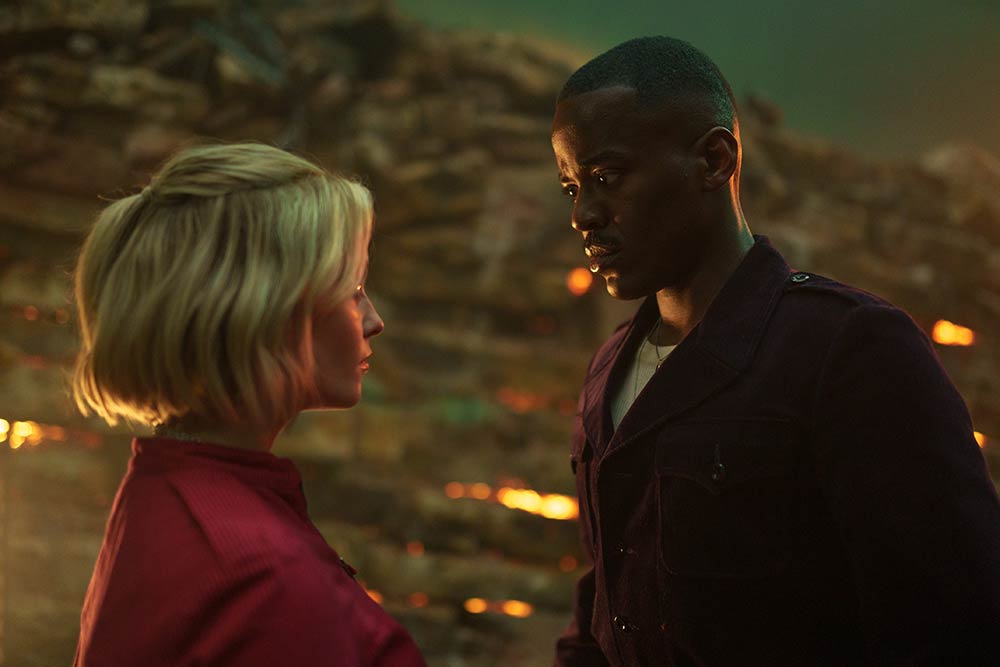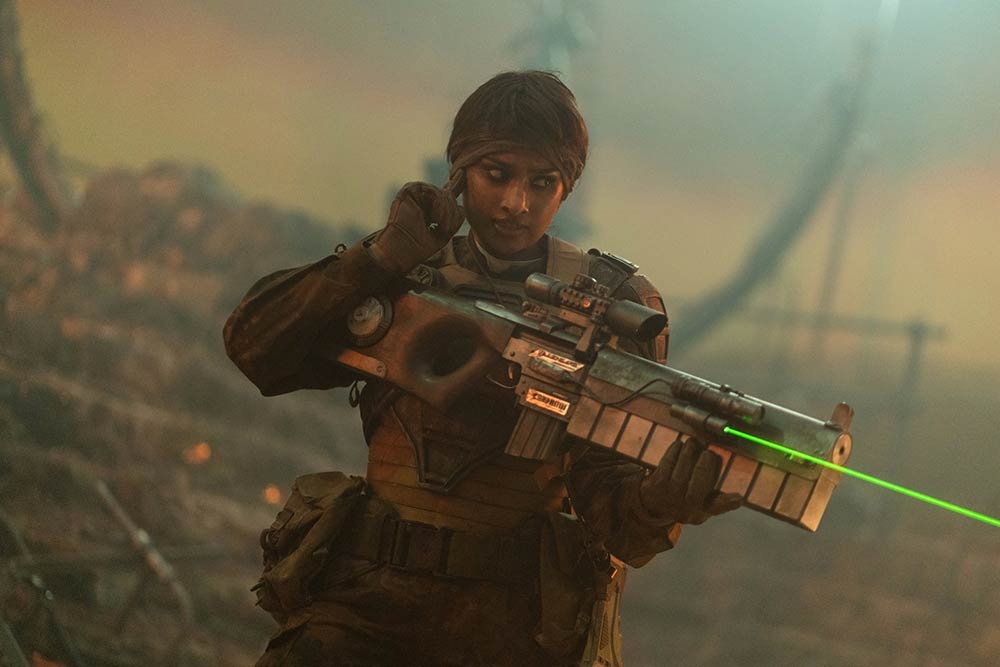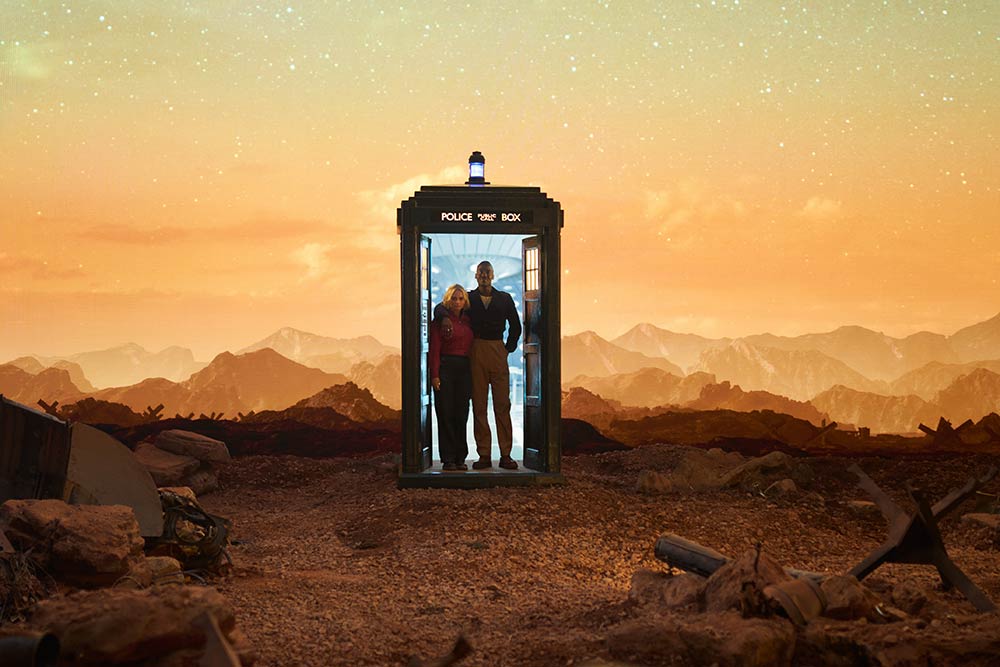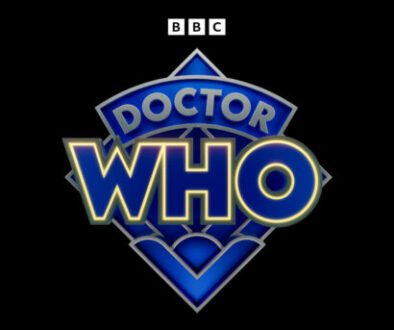2nd Opinion, Take 2 “Boom” – Not Moffat’s Best Doctor Who

J.C. reviews the third episode of Series 14.
As someone who was let down by the first two episodes of Series 14, there was a lot riding on this episode. On top of that, it was also a Steven Moffat story. The man has written so many classic Doctor Who episodes that he dominates most fans’ top 10 lists (including my own). But I’d be lying if I said I thought “Boom” lived up to the legacy of his previous work.
Don’t get me wrong, this episode was an improvement on the first two episodes. For one thing, it had a very different tone. Finally, we got some serious Doctor Who sci-fi after all the silliness and campy extravagance of the Gatwa era so far. There were plenty of familiar Moffat tropes: repeating phrases, a child caught in the middle of the chaos, a romance side-plot, an early companion introduction (maybe), and a sentimental ending. But after this long away, I was expecting more than a recycling of Moffat’s past ideas.

The best thing to come from the episode was giving Ncuti Gatwa an opportunity to showcase his Doctor without relying on over-the-top theatrics. Thus far, we’ve seen the more extravagant side of the 15th Doctor thus far: the grinning, laughing, singing, dancing, and running. But this episode forced him to abandon almost all of that (and in the case of singing, it was used much more naturally). This brought out a more measured performance. On the flip side though, there was too much crying. It used to really mean something when the Doctor cried, but the more it is used, the less impact it has.
Millie Gibson was decent as Ruby, until she was taken out of the plot. I’d have much preferred this episode was more of a two-hander between the pair, like the first 15 minutes or so. That it where I thought the story worked best.
There were a few guest stars, but the biggest, of course, was the surprise appearance of future companion Veradu Sethu as Mundy (doing her best cosplay of Vasquez from Aliens). She was okay playing the fairly generic soldier gal, but it was too short a time to make any serious judgements. I think it will end up being more like Freema Agyeman’s Adeola introduction: the same actress, but she will end up playing a different character with some sort of relative connection. I didn’t care for the romantic element, it felt tacked on.

A lot of the pre-air talk for this episode praised its tense nature, but I personally struggled to feel that tension. The problem is, I know the Doctor won’t regenerate in this episode as we’ve seen Gatwa in marketing far beyond this. That immediately takes the sting out of a premise like this. Moffat, perhaps knowing this, tries to make us believe Ruby will die instead when she is shot. But that too suffers from the same issues. Plus, we know Moffat isn’t a fan of killing companions without a bit of “wriggle room,” and sure enough, Ruby is completely fine by the end.
One other key thing missing from the episode was a scary Moffat monster. Instead, we had the mobile “ambulance” units. Although quite a creepy concept (AI deciding on your fate for economic gain), they weren’t visually scary. An elderly lady’s face on a wobbly robot didn’t instil any fear in me at least. Functionally, they were basically a repeat of the Gas Mask monsters from “The Empty Child” but minus the fear factor. And they were just rather annoying to boot. As previously mentioned, Moffat loves using repeating phrases going all the way back to his earliest work with “Mummy?”, then later “Who turned out the lights?”, “Donna Noble has left the library…” You get the idea. Here it was “Combat detected” but the amount of repetition here became grating.

The ending didn’t work for me either. Not only did it wrap up hastily (this episode would have benefited from being a two-parter), but it was a case of the rather clichéd “love saves the day.” Then things became extra cheesy with the swelling music, the AI dad waving, and everyone acting like best friends despite barely knowing each other. And two of the characters are also supposed to be in mourning, especially Splice after losing her father. On top of that, the episode’s stance on faith and the final Doctor speech that “Dying defines us” was rather clunky and muddled.
Overall, while the episode was a step-up on the first two, it fell short of Steven Moffat’s best. The episode better showcased Gatwa’s potential as the Doctor with a more restrained performance, but it relied too heavily on recycled Moffat tropes and lacked a truly menacing monster. The hastily wrapped-up ending and the overuse of emotional scenes diluted the impact. Despite some bright spots, “Boom” ended up as a middle-of-the-road episode rather than the standout I hoped for. Here’s hoping Moffat’s Christmas episode does a better job!
Asides
- I was pleased to see Doctor Who employing VFX technology similar to that used on shows like The Mandalorian for its alien landscapes.
- With the Doctor mentioning his family again, I’m sure they are setting up a Susan appearance.
- Why was Splice allowed to be casually walking about on a battlefield alone (and with minefields about to boot)? Is that usual behaviour for these kids?
- I love Murray Gold as much as the next fan, but sometimes there can be too much music. Doctor Who shouldn’t be afraid to just let some moments breathe.
- ‘Member fish fingers and custard?
- Perhaps RTD should have co-ran this era with Moffat?








